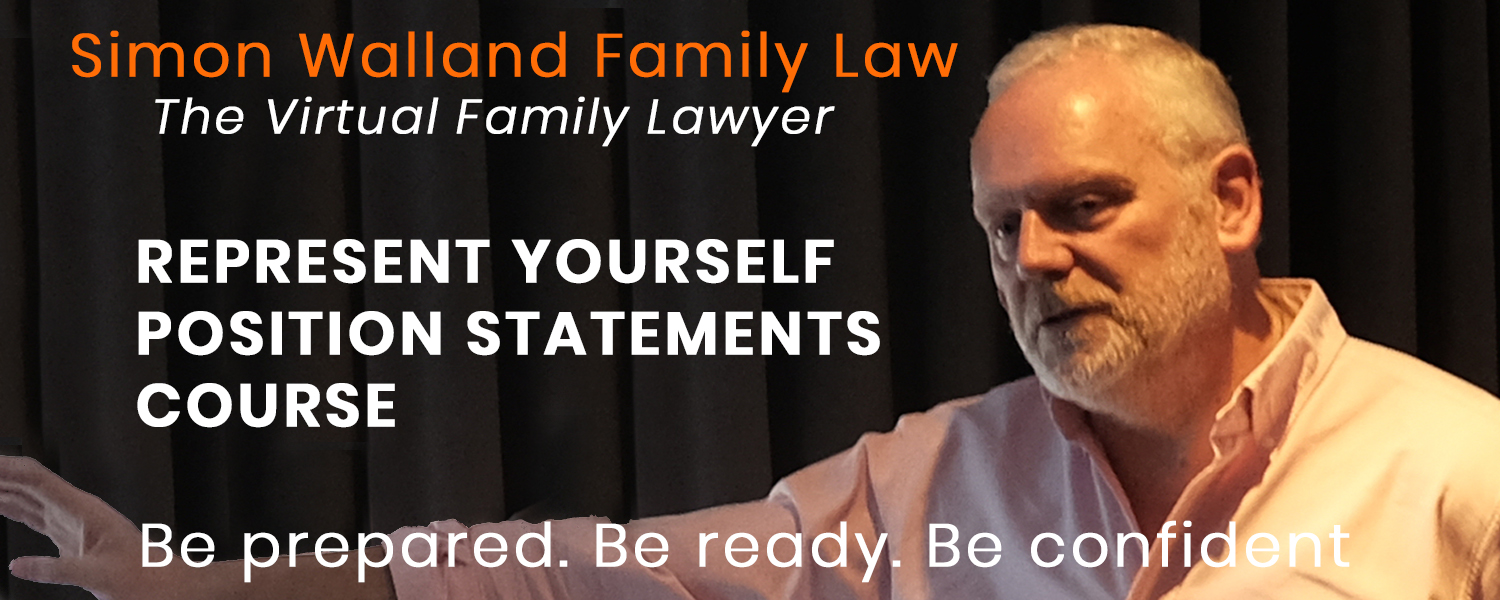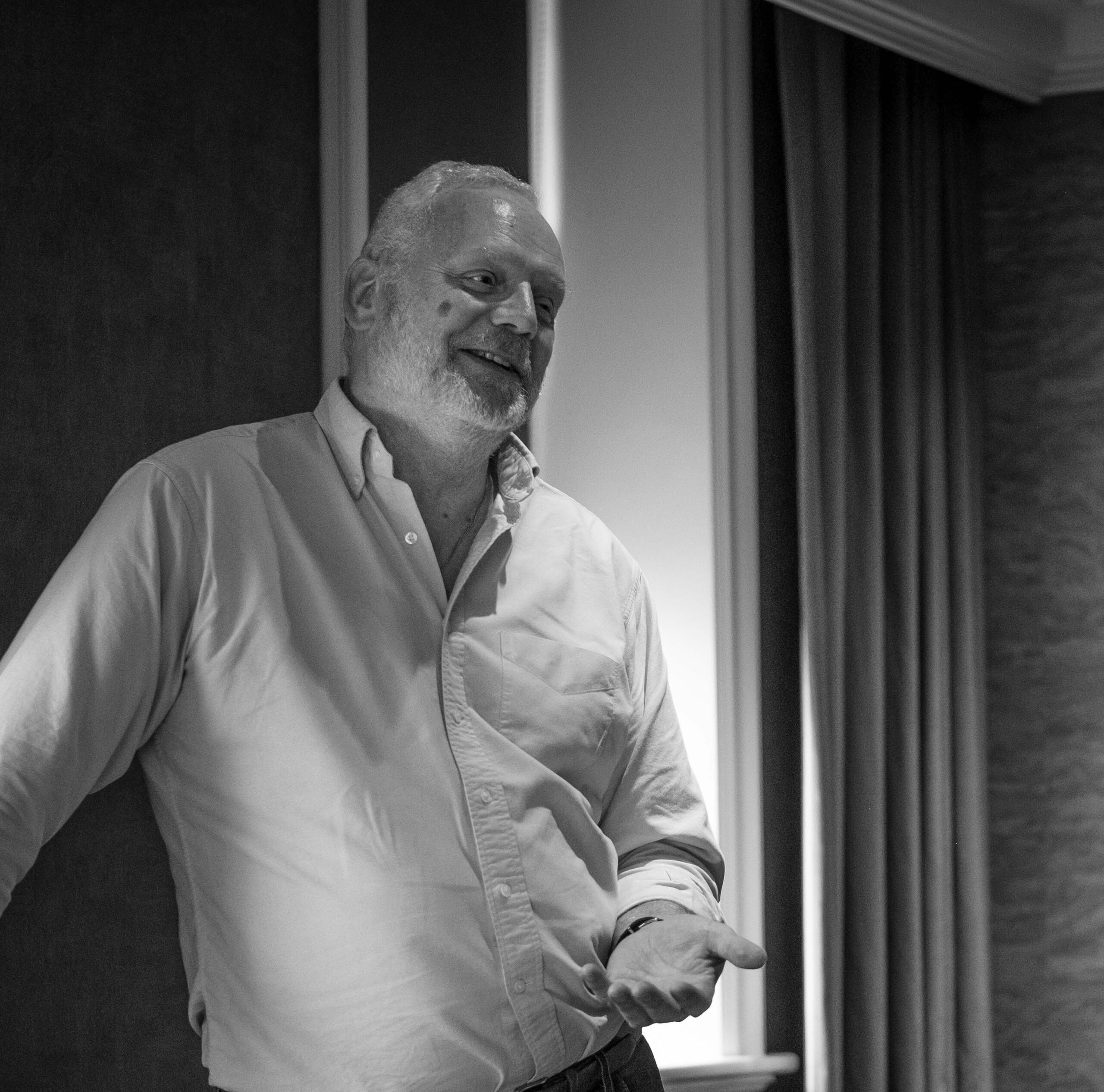
Represent yourself – Position Statement Course
When you represent yourself, the judge needs a clear picture of what you want to happen. This is not easy to communicate in court under pressure and with the clock ticking. Judges usually just want a simple answer, but this can also be challenging when you might feel either nervous, emotionally overwhelmed, intimidated by the venue, worried about being in the room with your ex-partner or all these things and more. A good position statement allows you to get your message across simply in the way the judge wants.
This course is designed for those who are making a children or finances application to court, are already in proceedings, or are enrolled on a Simon Walland McKenzie friend training course. The course gives an overview of the Family Court process and why a position statement is essential if you represent yourself. You will then learn the fundamentals of how to write a good position statement including what it should and should not include and how it should be formatted before going on to learn some useful tips to producing a position statement that does all the talking for you in the courtroom.
The course is run face-to-face by legal expert, Simon Walland. Simon has over twenty years’ experience of dealing with children cases and qualified as a Barrister in 2010.
Prepare for the course by engaging with resources outlining a number of scenarios to familiarise yourself with. Examine additional supporting documentation including Section 2 Safeguarding letters and a Section 7 report.
During the session, participants dissect the first scenario and discuss the nuances presented. Through questioning and analysis of the additional documents and information, learners attempt to extract key information to bolster the persuasiveness of the case. Analysis focuses on the positive and negative aspects of the case and how they dan be effectively used to present a convincing position statement which supports the client’s objectives.
For the second scenario, occurring at a later stage in legal proceedings and with its own distinct issues, a similar process of exploration is undertaken with the group engaging in a comprehensive examination utilising the strategies earnt in the in the earlier scenario to construct a position statement appropriate to the current stage in court proceedings.
You will:
- use taught knowledge to assess the information relating to your own circumstances and select significant information to present to the court
- consider the importance of any missing information, identify how to find it, and deliberate on its usefulness to your case
- evaluate and prioritise evidence to use at a specified stage in a case
- outline and reflect on the issues to be resolved in your case
- recognise, explain, and apply steps to planning and writing a robust position statement
- compare and differentiate position statements produced at different stages of a case
By the course’s conclusion, participants will have gained the essential knowledge and practical skills necessary to confidently prepare position statements. Course attendees are given a copy of both finished position statements as model documents along with additional templates as references and guides.

Simon Walland
I am Simon Walland and I am offering these services to show and explain how you can represent yourself in the family courts with confidence. Understand the procedure and what is expected of you to get the solution you are seeking I have been a McKenzie Friend since 2003 and have been in thousands of hearings at all levels of court. I have a Law Degree and was Called to the Bar as a Barrister in 2010. My experience includes teaching Law Students, McKenzie Friends and anybody representing themselves in the Courts since 2012. I have also provided specialist training courses to Domestic Abuse charities, Universities and various Support Groups and have been able to help several thousand people in that time.
